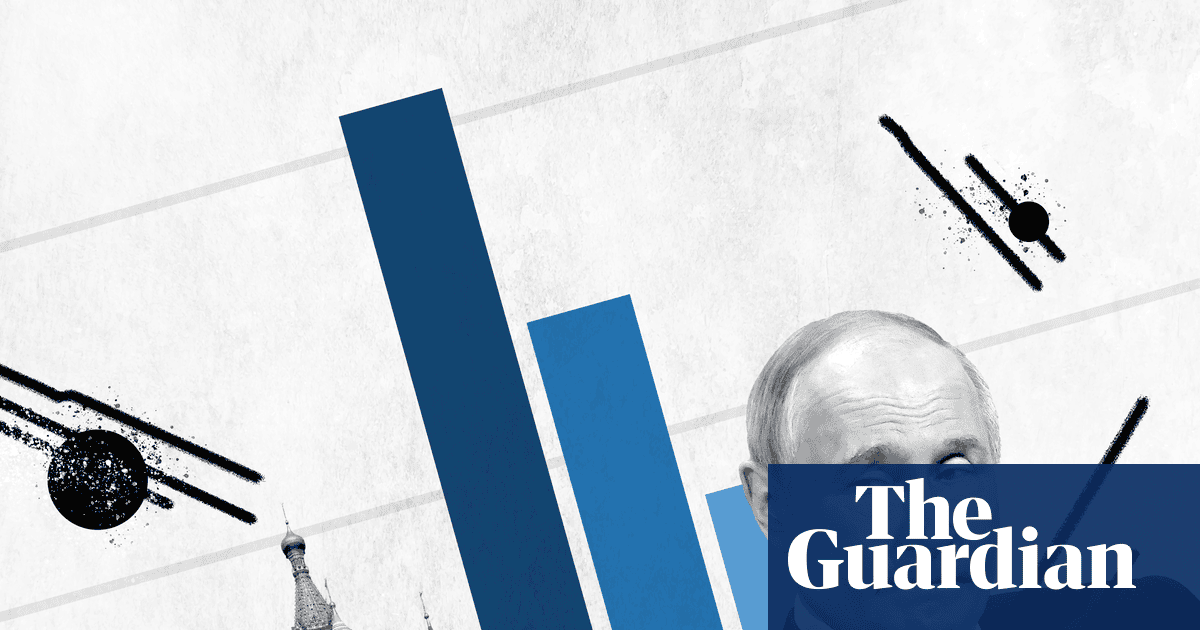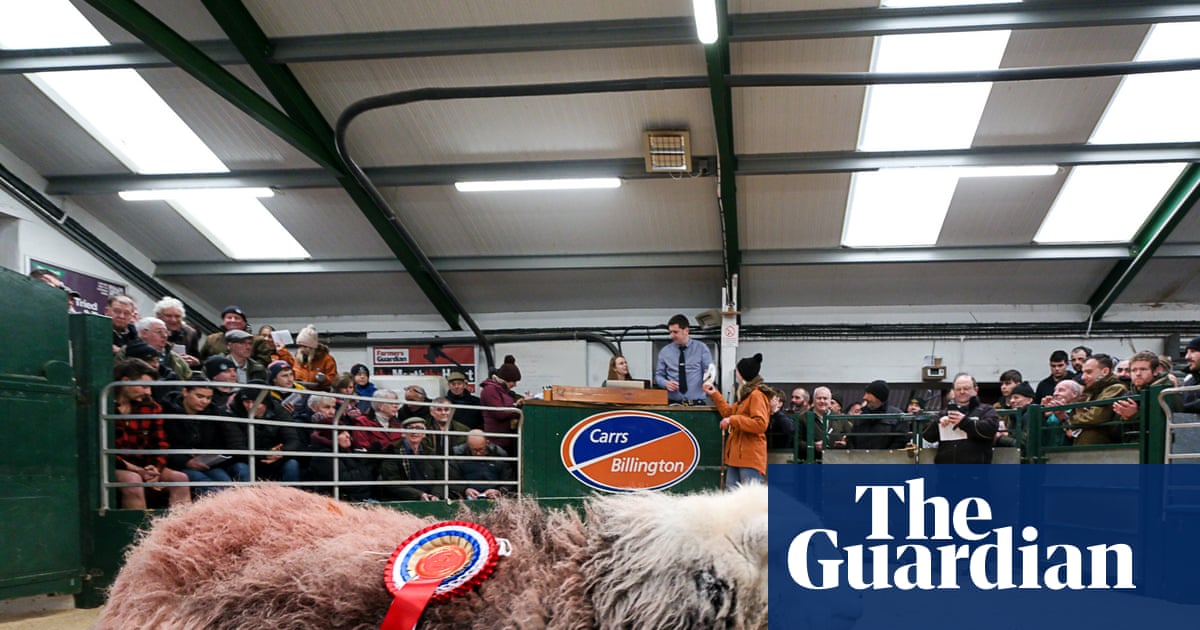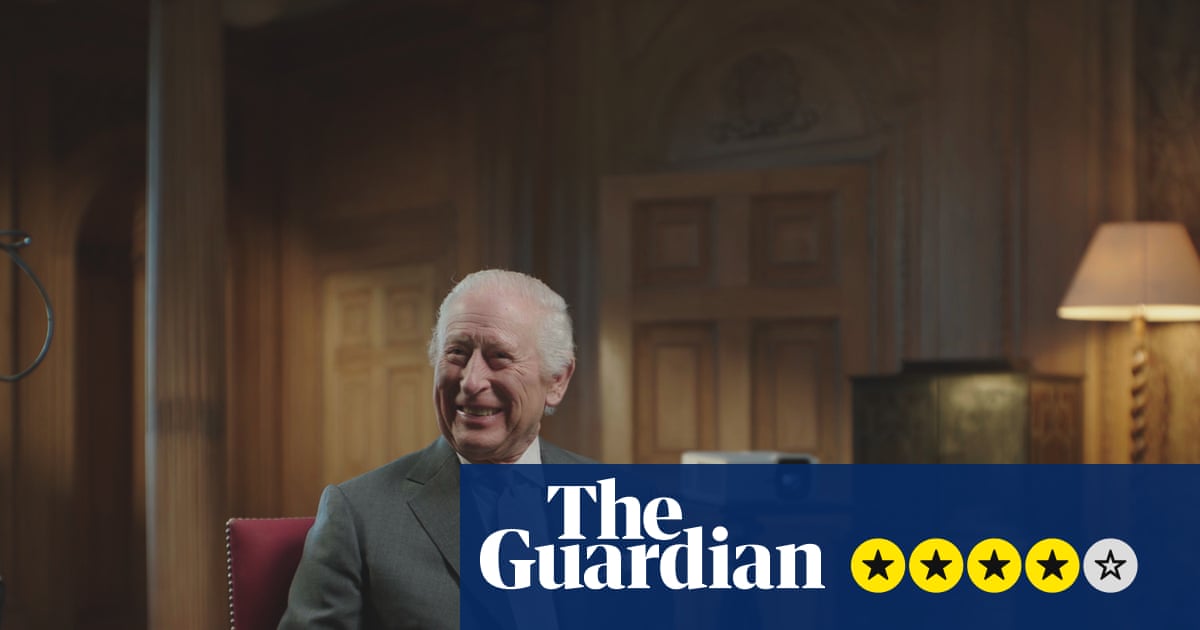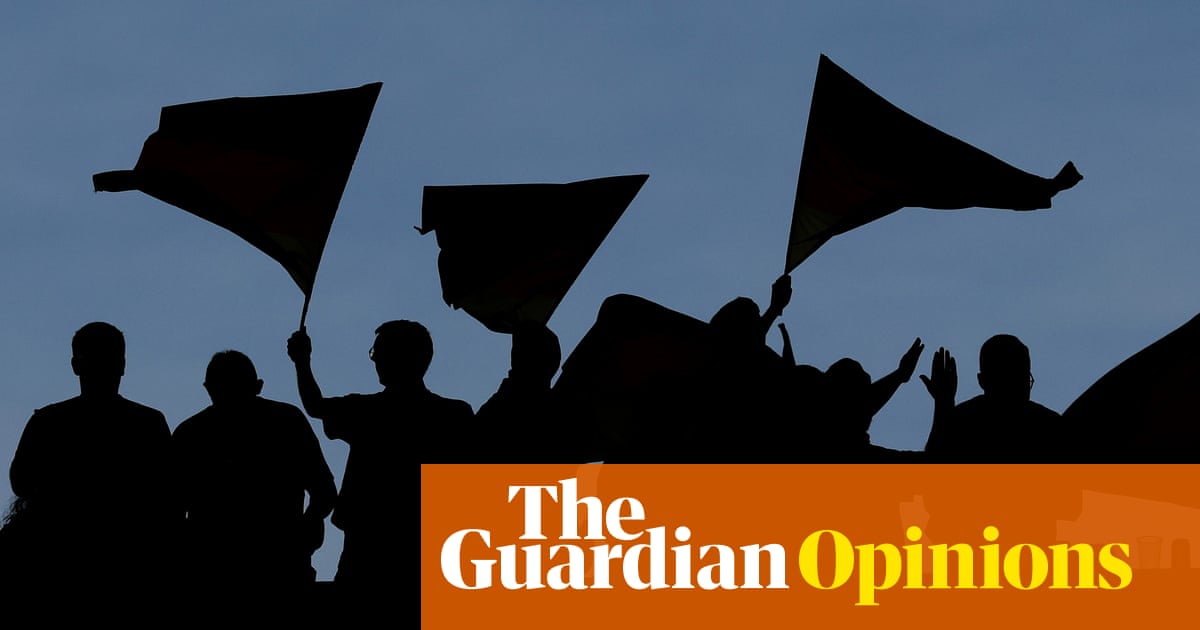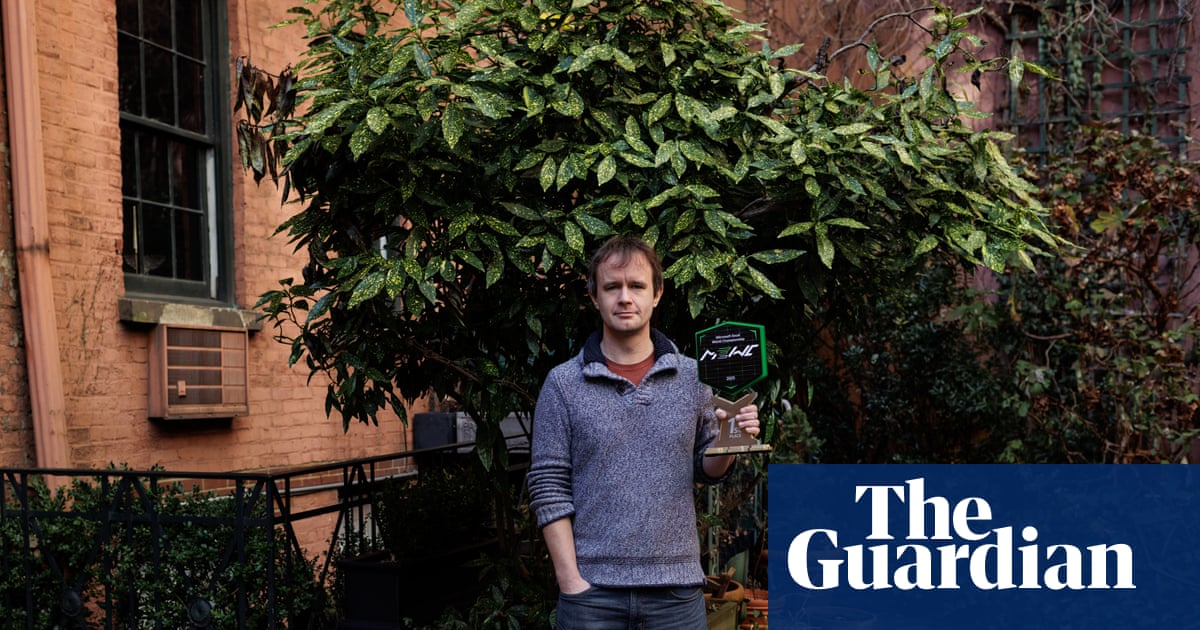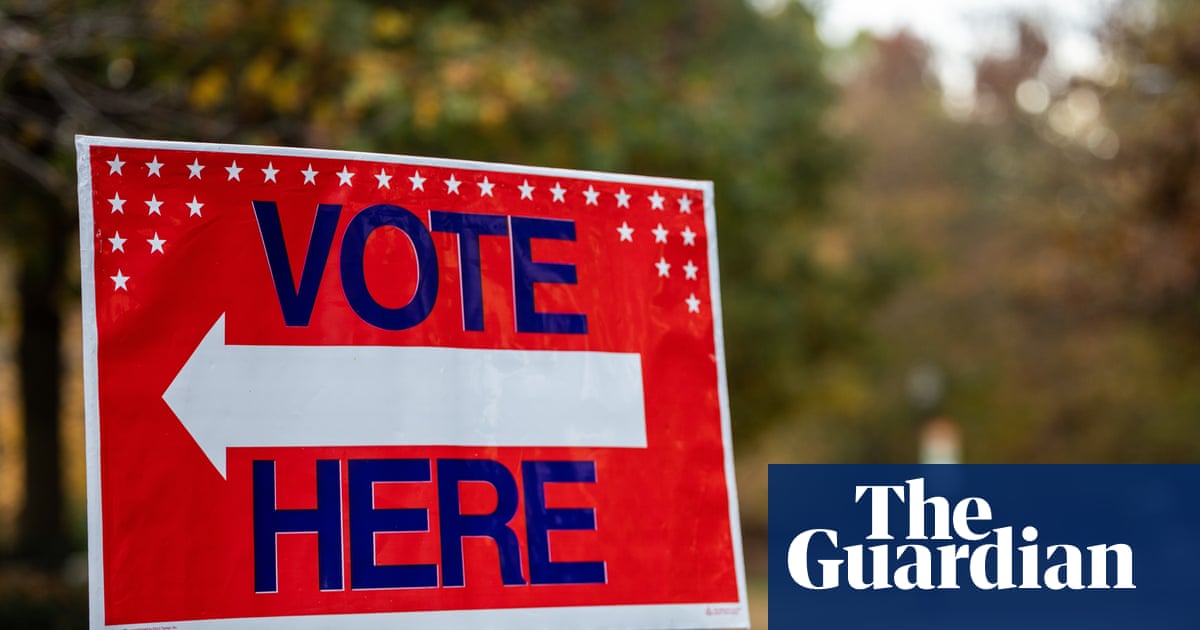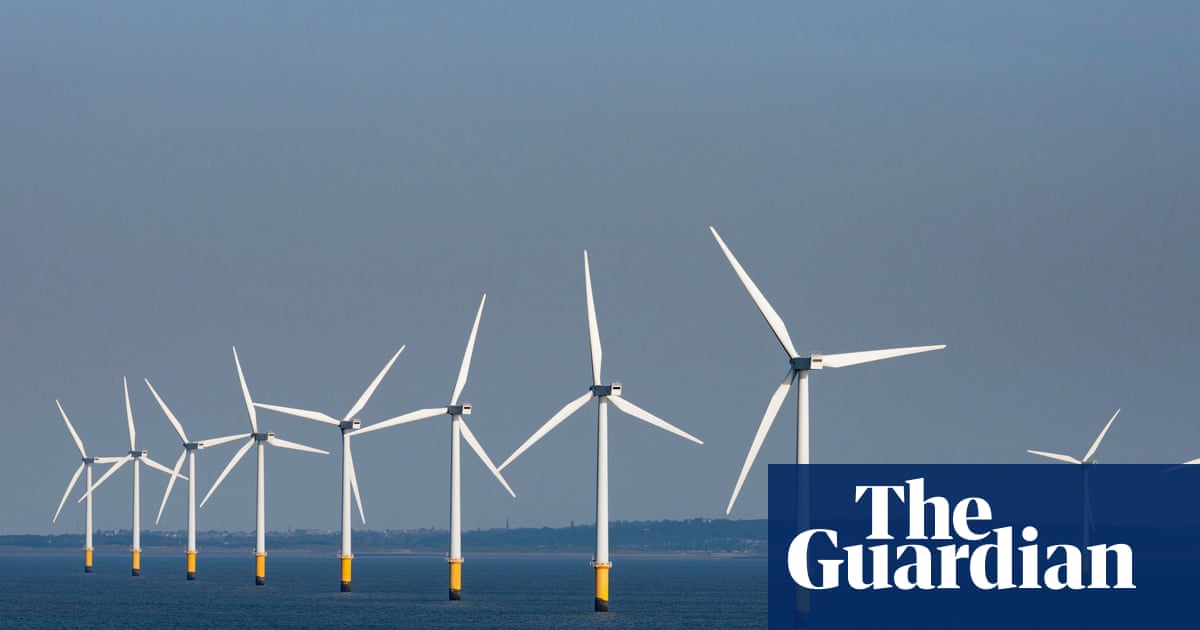When Zack Polanski won the Green leadership in September, he made clear that he was coming for Labour. At the time, his warning that “we’re here to replace you” still seemed faintly presumptuous, coming from a man who hasn’t even managed to get himself elected to parliament and whose party was only barely into single digits in the polls. Even battered and beleaguered as it was by autumn, Labour was still the big beast of the left: the only one big enough, anyway, to win a majority.
Little more than a month on, pollsters are now talking about arguably the most underpriced wildcard in the 2025 pack, which is the prospect of the Greens overtaking Labour in the polls in the same way Reform overtook the Tories at the end of last year – not just in one rogue sample or outlier, but consistently enough to be credible.
In the most recent YouGov poll, the Greens are still four points behind Labour. But that’s down from 12 points in August, just before Polanski was elected, and other polls have put them almost at parity. If both parties stick to their current trajectories – Labour drowning in pre-budget gloom and recriminations and the Greens surfing an optimistic wave of voters looking for a British equivalent to New York’s upbeat new socialist mayor-elect Zohran Mamdani – then the psychologically important crossover point could be only weeks away. Though polls are only ever a snapshot of a moment in time, revealing very little about the results of a general election that could still be four years away, that would nonetheless be a seismic moment.
The two biggest obstacles to smaller parties breaking through are getting airtime, and convincing potential supporters that it won’t be a wasted vote. Like Nigel Farage before him, Polanski is good at making himself heard: his habit of saying bluntly out loud the things other politicians normally fudge has already made him big on TikTok, and is increasingly becoming his passport to TV studios. (According to analysis by the PR consultancy Be Broadcast, he got many more broadcast mentions than the Liberal Democrats’ Ed Davey and almost as many as the Tories’ Kemi Badenoch between 1 September and 20 October: perhaps more surprisingly, the Greens also racked up the most positive, solution-focused coverage.) The real test, however, is whether he can convert all this into a sustained lead over Labour. For polling doesn’t just reflect reality; sometimes it can inadvertently accelerate it.
Overtaking the Tories was what enabled Farage to claim that Reform really could win, that it had taken over from a collapsing Conservative party as the natural party of the right, and that it was safe for those previously worried about defecting to jump ship. It was the moment, in short, that the herd moved.
It’s far harder for the Greens, with their four MPs, to claim the same kind of plausible dominance over a governing party with more than 400. But Labour’s achilles heel is its reliance on supporters who will grudgingly vote for them to beat Reform, but only because they don’t believe a more radical leftwing party could ever actually win. If enough of them start to conclude – rightly or wrongly, and given England’s longstanding electoral maths it may well be wrongly – that times have changed and the old constraints no longer apply, what then?
Like Farage before him, Polanski is staggeringly underqualified for Downing Street – the highest elected office he has held is on the London Assembly – but he has the storytelling skills and creative political imagination that the more obviously qualified Keir Starmer lacks. He subverts questions about whether he’d serve in a Starmer coalition by cheekily arguing that Starmer might not be around that long, and positions himself neatly one step ahead of where Labour seems destined, reluctantly, to end up. (If Rachel Reeves does deliver a soak-the-rich budget in November, expect Polanski – a longstanding advocate of wealth taxes – to claim credit for forcing her to the left.) His party conference speech, responding as the Jewish leader of a zealously pro-Palestinian party to a Manchester synagogue stabbing which had happened only hours earlier, was strikingly deft and thoughtful for a relative novice.
Of course, it’s Labour that still has the heft, the experience, the ground operation and the national network of candidates key to leading any leftwing alliance against Reform. But what they’ll lose, should that crossover point in the polls ever come, is the ability simply to assume seniority as of right. “We are not messing around,” Polanski warned, back in October. Evidently he meant it.

 2 months ago
71
2 months ago
71






